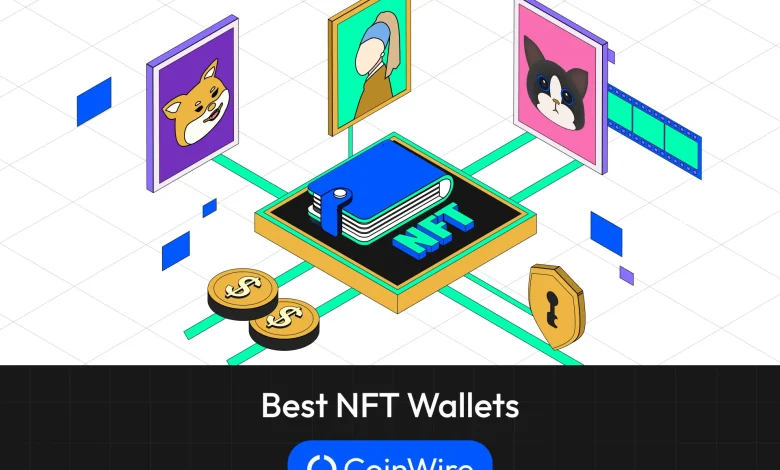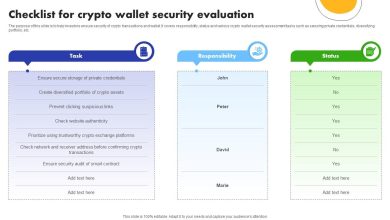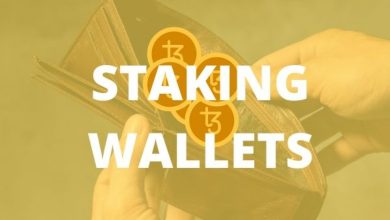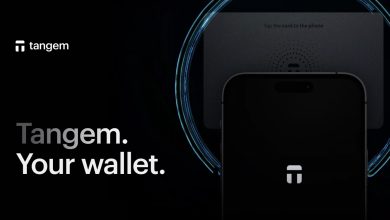Best Wallets for NFT Storage

- Understanding NFTs and the importance of secure storage
- Top features to look for in a wallet for NFT storage
- Comparing hardware wallets vs. software wallets for NFTs
- The best wallets for storing NFTs securely
- Tips for keeping your NFTs safe in a digital wallet
- How to choose the right wallet for your NFT collection
Understanding NFTs and the importance of secure storage
Understanding NFTs and the significance of secure storage is crucial for anyone looking to invest in or create non-fungible tokens. NFTs are unique digital assets that are stored on the blockchain, making them tamper-proof and easily verifiable. Due to their digital nature, NFTs require a secure storage solution to prevent loss or theft.
When it comes to storing NFTs, using a reliable wallet is essential. A wallet is a digital tool that allows users to securely store, manage, and transfer their NFTs. There are different types of wallets available, including hot wallets (online) and cold wallets (offline). Hot wallets are convenient for frequent trading, while cold wallets offer enhanced security by keeping NFTs offline.
Secure storage of NFTs is crucial to protect your valuable digital assets from hackers and unauthorized access. By using a secure wallet, you can ensure that your NFTs are safe and easily accessible whenever you need them. It is important to choose a wallet that offers robust security features, such as encryption, multi-factor authentication, and backup options.
Investing in NFTs can be a lucrative opportunity, but it also comes with risks. By understanding the importance of secure storage and choosing the best wallet for your needs, you can safeguard your NFTs and enjoy peace of mind knowing that your digital assets are protected.
Top features to look for in a wallet for NFT storage
When looking for a wallet to store your NFTs, there are several key features to consider that can help ensure the security and accessibility of your digital assets. One important feature to look for is **compatibility** with the blockchain network where your NFTs are stored. This ensures that you can easily transfer and manage your NFTs without any compatibility issues. Another crucial feature is **security**, including encryption and multi-factor authentication, to protect your NFTs from unauthorized access or theft. Additionally, **user-friendly** interface and **ease of use** are essential for a seamless experience when managing your NFT collection.
Furthermore, **backup and recovery options** are important in case you lose access to your wallet or device. Look for wallets that offer **backup seed phrases** or **recovery keys** to help you regain access to your NFTs in case of emergencies. **Multi-chain support** is also beneficial as it allows you to store NFTs from different blockchain networks in one wallet. This can help streamline your NFT management process and make it more convenient for you to access all your digital assets in one place.
Lastly, consider **community support** and **reputation** when choosing a wallet for NFT storage. Opt for wallets that have a strong community of users who can provide assistance and guidance when needed. Additionally, look for wallets with a good reputation in the NFT space to ensure that your digital assets are in safe hands. By considering these top features, you can select a wallet that meets your needs and provides a secure and user-friendly environment for storing your valuable NFTs.
Comparing hardware wallets vs. software wallets for NFTs
When it comes to storing NFTs, there are two main types of wallets to consider: hardware wallets and software wallets. Both options have their own set of advantages and disadvantages, so it’s important to understand the differences between them before making a decision.
Hardware wallets are physical devices that store your NFTs offline, making them less vulnerable to hacking or cyber attacks. These wallets are considered to be more secure than software wallets because they are not connected to the internet, reducing the risk of unauthorized access to your assets. However, hardware wallets can be more expensive and less convenient to use compared to software wallets.
On the other hand, software wallets are digital applications that store your NFTs online. While software wallets are generally more affordable and easier to use than hardware wallets, they are also more susceptible to security breaches. Since software wallets are connected to the internet, they are at a higher risk of being hacked.
Ultimately, the choice between hardware wallets and software wallets for storing NFTs comes down to your personal preferences and priorities. If security is your top concern, a hardware wallet may be the best option for you. However, if convenience and affordability are more important to you, a software wallet could be the better choice.
The best wallets for storing NFTs securely
When it comes to securely storing your NFTs, choosing the right wallet is crucial. Here are some of the best wallets that offer top-notch security for your valuable digital assets:
- MetaMask: MetaMask is a popular choice among NFT enthusiasts for its user-friendly interface and robust security features. It is a browser extension that allows you to store, send, and receive NFTs with ease.
- Trezor: Trezor is a hardware wallet that provides an extra layer of security by keeping your private keys offline. This makes it less vulnerable to hacking attempts compared to online wallets.
- Trust Wallet: Trust Wallet is a mobile wallet that supports a wide range of cryptocurrencies, including NFTs. It offers a simple and intuitive design, making it easy for beginners to store their digital assets securely.
- Ledger Nano S: Ledger Nano S is another hardware wallet that is known for its security features. It allows you to store multiple types of cryptocurrencies, including NFTs, in a secure offline environment.
By choosing one of these wallets, you can rest assured that your NFTs are stored safely and securely, protecting them from potential threats such as hacking or theft. Remember to always do your research and choose a wallet that best fits your needs and preferences.
Tips for keeping your NFTs safe in a digital wallet
When it comes to storing your NFTs in a digital wallet, security is paramount. Here are some tips to help you keep your valuable digital assets safe:
- Choose a reputable wallet provider with a track record of security.
- Enable two-factor authentication for an extra layer of protection.
- Use a strong, unique password that you don’t use for any other accounts.
- Consider using a hardware wallet for added security.
- Avoid sharing your wallet information or private keys with anyone.
By following these tips, you can help ensure that your NFTs remain safe and secure in your digital wallet.
How to choose the right wallet for your NFT collection
When choosing a wallet for your NFT collection, it is essential to consider several factors to ensure the security and accessibility of your digital assets. One crucial aspect to keep in mind is the type of wallet you prefer, whether it be a hardware wallet, software wallet, or a web-based wallet. Hardware wallets are physical devices that store your NFTs offline, providing an extra layer of security against online threats. On the other hand, software wallets are applications that can be downloaded onto your computer or mobile device for convenient access to your NFTs. Web-based wallets, also known as online wallets, are accessible through a web browser and are convenient for users who need to access their NFTs from multiple devices.
Another important consideration when choosing a wallet for your NFT collection is the level of security it offers. Look for wallets that provide features such as two-factor authentication, encryption, and backup and recovery options to safeguard your digital assets against potential threats. Additionally, consider the reputation and track record of the wallet provider to ensure that your NFTs are in safe hands.
Furthermore, it is crucial to choose a wallet that is compatible with the blockchain network on which your NFTs are stored. Different wallets support various blockchain networks, such as Ethereum, Binance Smart Chain, and Flow. Make sure to select a wallet that is compatible with the specific blockchain network of your NFT collection to ensure seamless integration and easy management of your digital assets.
In conclusion, selecting the right wallet for your NFT collection is a critical decision that can impact the security and accessibility of your digital assets. Consider factors such as the type of wallet, security features, compatibility with blockchain networks, and the reputation of the wallet provider when making your choice. By taking the time to research and evaluate your options, you can find a wallet that meets your needs and helps you protect and manage your NFT collection effectively.



